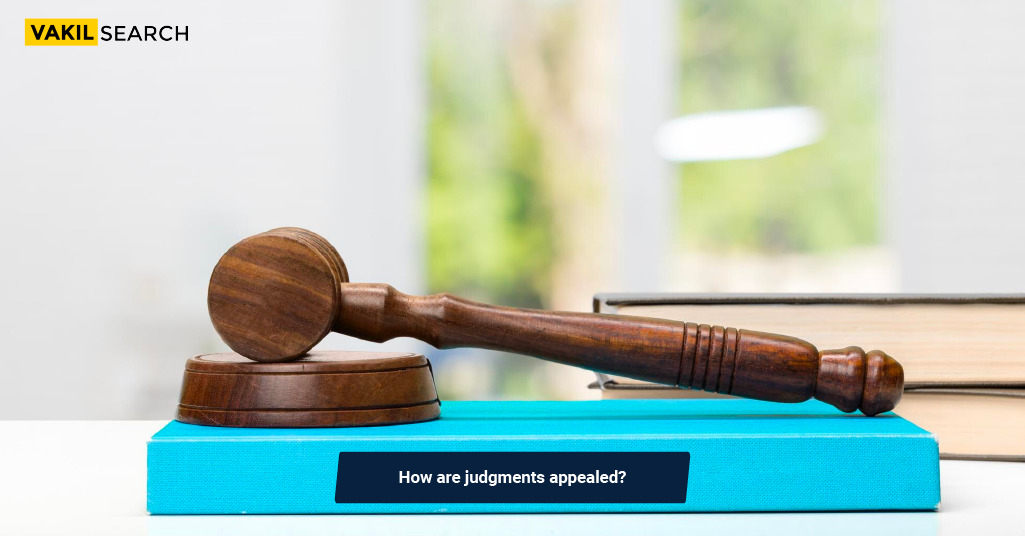:Appealing a court decision can be a complex and daunting task. It is important to have an experienced attorney on your side to guide you through the process and help you achieve the best possible outcome.
How to Appeal a Court Decision
Appealing a court decision involves a well-defined process.
- Initiating the Appeal: To start the process, the appealing party must file a notice of appeal. This formal document initiates the appeal and sets the stage for subsequent actions.
- Legal Consultation: It’s crucial to seek legal consultation before filing an appeal. Legal professionals can help determine if there are valid grounds for an appeal by meticulously examining the facts and legal basis of the case.
- Appellate Briefs: Central to the appeal process are appellate briefs. These documents present the arguments supporting the appeal, requiring thorough research, strong legal reasoning, and adherence to specific formatting guidelines.
- Review of Original Record: In the appellate process, the transcript or record of the original trial is essential. This record includes all relevant materials, and the appellate court reviews it to assess the accuracy of the initial judgment.
- Appellate Court Review: After an appeal is filed, the appellate court conducts a comprehensive review. This may involve scheduling oral arguments where legal representatives present their case. The outcome could be affirming the original judgment, reversing it, or ordering a new trial.
What to Know About Appeals
Understanding the appeal process is crucial:
Purpose of Appeals: Appeals focus on challenging the legality of the original judgment rather than revisiting the entire case. They typically address legal arguments and procedural issues.
Where Appeals Take Place
The appeal process occurs within the legal system:
Appellate Court: Appeals are typically heard and reviewed by appellate courts, separate from the trial courts. These specialized courts handle appeals and legal challenges.
Which Cases Can Be Appealed
Not all cases are eligible for appeal. To determine if an appeal is viable:
Grounds for Appeal: Legal professionals assess whether there are valid grounds for an appeal, such as legal errors or injustices during the trial.
Seeking Professional Guidance
If you’re considering appealing, getting a lawyer is a good idea because the process is complicated. Experienced attorneys can provide guidance, prepare persuasive appellate briefs, and represent the appealing party’s interests effectively.
Legally Reviewed
The appeal process is initiated when a court decision is rendered and one believes that legal errors or injustices have occurred during the trial. This is a vital mechanism within the legal system designed to rectify any perceived inaccuracies or injustices. Appeals undergo meticulous legal review to determine their validity.
Fact-Checked
Before embarking on the appeal journey, it is paramount to meticulously examine the case’s facts and legal basis. This often necessitates consultation with legal professionals to ascertain if there are legitimate grounds for an appeal. Understanding the strength of one’s case is a fundamental step.
The Basics of Appealing a Court Decision
Appealing a court decision involves a structured legal process, with specific requirements and deadlines set by the court. To start, the appealing party must file a notice of appeal. This notice formally initiates the appeal and sets the stage for the subsequent steps in the process.
Trials vs. Appeals
It’s crucial to differentiate between trials and appeals. Trials are the initial legal proceedings in which case facts are presented, witnesses testify, and a judgment is delivered. On the other hand, appeals focus on challenging the original judgment’s legality rather than revisiting the entire case. The focus of appeals is often on legal arguments and procedural issues.
Appellate Briefs
Applegate briefs are central to the appeal process which serve as the legal documentation of the appealing party’s arguments. These documents require thorough research, compelling legal reasoning, and adherence to specific formatting guidelines. Appellate briefs play a pivotal role in influencing the outcome of an appeal.
The “Record” on Appeal
In the appellate process, the transcript or record of the original trial becomes a critical document. This record encompasses all relevant materials, including documents, testimonies, and legal proceedings. The appellate court reviews this record meticulously to assess the initial judgment’s accuracy and determine if any legal errors occurred.
After Appealing a Court Decision
Following the initiation of an appeal, the appellate court proceeds with a comprehensive review of the case. This review may include scheduling oral arguments where legal representatives present their case. The ultimate decision may involve affirming the original judgment, reversing it, or ordering a new trial. The outcome hinges on the strength of the legal arguments and the appellate court’s evaluation.
Get Professional Help Appealing a Court Decision or Judgment
Given the complex nature of the appeal process and the legal expertise required, it is often advisable to seek professional legal counsel when contemplating an appeal. Experienced attorneys can offer guidance, prepare persuasive appellate briefs, and effectively represent the interests of the appealing party throughout the appellate process. Get in touch with Vakilsearch!
Also, Read:


